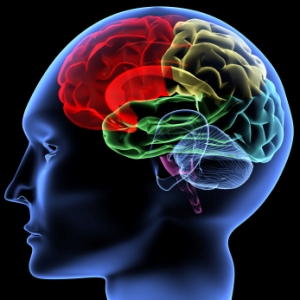
Timely brain imaging can detect tiny lesions caused by mild traumatic brain injury or mild concussion, according to a new study.
Researchers noted these tiny lesions are different from other types of lesions associated with more severe brain injuries or concussions. They suggested their findings could lead to the development of new treatment strategies for people who suffer mild traumatic brain injury.
"Our study suggests that imaging may be used to detect and distinguish between these lesions in a living person with [mild traumatic brain injury], and this finding has important implications for treatment," said Dr. Gunjan Parikh, of the US National Institute of Neurological Disorders and Stroke.
The findings are scheduled for presentation at the American Academy of Neurology's annual meeting in San Diego, which starts Saturday.
How the study was done
In conducting the study, the researchers examined MRI brain scans of 256 people admitted to two emergency departments, one in Bethesda, Md., and the other in Washington, D.C. The patients, who were an average age of 50, had suffered mild traumatic brain injuries.
The researchers found 104 of the study participants had evidence of hemorrhage in the brain. These patients had advanced or more detailed MRIs within an average of 17 hours of their injury, which revealed 20% had microbleed lesions distributed throughout the brain.
Meanwhile, 33% of these patients had tube-shaped linear lesions mostly confined to one area of the brain. These linear lesions, the researchers noted, were also more likely to be associated with injury to adjacent brain tissue.
The researchers suggested these linear lesions represent a type of vascular injury more often associated with more severe traumatic brain injury.
"If that theory is confirmed, it may provide an opportunity to develop treatment strategies for people who have suffered a mild traumatic brain injury," Parikh said in an American Academy of Neurology news release.
The researchers noted that 67% of the patients lost consciousness, and 65% experienced amnesia, or temporary forgetfulness.
The data and conclusions of research presented at medical meetings should be viewed as preliminary until published in a peer-reviewed journal.
More information
The U.S. National Library of Medicine has more about concussion.




 Publications
Publications
 Partners
Partners










